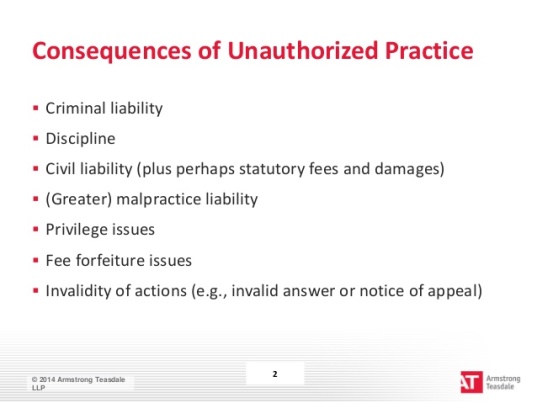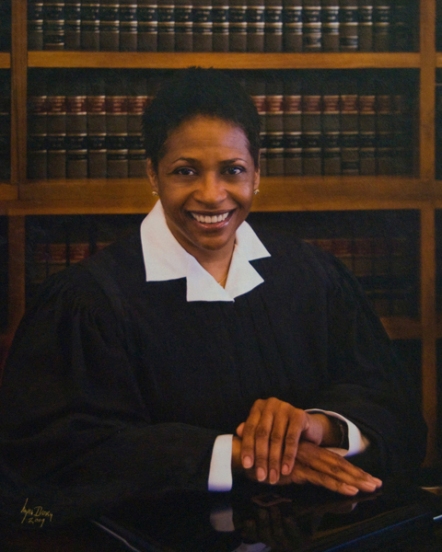THE FLORIDA COMMISSION ON ACCESS TO CIVIL JUSTICE WAS ESTABLISHED ON NOVEMBER 24, 2014 BY ADMINISTRATIVE ORDER OF FLORIDA CHIEF JUSTICE JORGE LaBARGA.
In establishing the Commission, Chief Justice LaBarga said: “Florida needs a coordinated effort involving all of the entities with the potential to make permanent, systemic advances to ensure that access to justice in Florida is not limited to those who can afford it.
I am particularly concerned about the circumstances facing low-income litigants for whom purchasing legal representation can pose an impossible challenge, but access to civil justice is also a problem for the middle class, many of whom do not qualify for legal aid and cannot afford to hire a lawyer.”
The Florida Commission on Access to Civil Justice is studying the unmet civil legal needs of disadvantaged, low-income, and moderate-income Floridians, considering Florida’s legal assistance delivery system as a whole: staffed legal aid programs, pro bono services, innovative technology solutions, and other models and potential innovations.
The Commission has five sub-committees: Access & Delivery of Legal Services, Continuum, Funding, Outreach and Technology.
In the minutes of the July 7, 2015 Continuum of Services meeting, “the issue that the subcommittees are all dealing with, for example, the unlicensed practice of law, seems to be an issue that every subcommittee is dealing with.”
F. M. Apicella, J. A. Hallbauer, and R. H. Gillespy II wrote in the American Bar Association Journal (1995) that “lawyers invariably argue that Unauthorized Practice of Law (UPL) statutes serve the public interest. Repealing UPL statutes would result in the most unwary, guileless members of the public being incompetently represented and advised, if not victimized and defrauded.”
Here are a few examples of those who are unauthorized to practice law:
- An accountant, whether or not a CPA, drafting corporate documents.
- A non-lawyer representing someone in Federal Court who is not a member of The Florida Bar.
- A non-lawyer preparing bankruptcy forms for another. This includes the petition and any necessary schedules.
- A non-lawyer representing a third party in an eviction.
- “Heir hunters” who solicit heirs to recover part of an estate of file pleadings to do so.
- A non-lawyer holding himself/herself out as an attorney by using the title Esquire or using the initials J.D..
- Non-lawyer representation of another in an immigration matter.
- A non-lawyer representing another in court.
- A non-lawyer negotiating insurance matters involving bodily injury.
- A non-lawyer giving inmates legal advice or drafting pleadings for the inmate.
- A non-lawyer preparing corporate documents.
- A non-lawyer drafting a living trust and related documents.
- A non-lawyer preparing a warranty deed, quitclaim deed, land trusts and mortgage agreements.
In the September 18, 2015 Continuum of Services Interim Report to the Commission prepared by Judge Nikki Ann Clark (First District Court of Appeal Judge – retired May, 2015), she wrote that the “unlicensed practice of law seems to be a prevailing issue when considering access to civil justice.
On this point the Subcommittee notes the need for increased training of non-lawyers, especially Clerks of Court, with respect to the parameters of unlicensed practice. It was suggested that one consideration is the potential for the Supreme Court of Florida to amend the rules of unlicensed lawyers with an aim to increase access to civil justice.
The Subcommittee also discussed at length the possibility of creating a ‘civil legal assistant’ classification. This type of non-lawyer classification has been created in some jurisdictions by legislation and in others by Court order. Persons in the non-lawyer ‘civil legal assistant’ classification would provide services to persons attempting to access their civil legal issues. These would include assistance with the preparation and filing of forms.”
Former Judge Nikki Ann Clark
In submitting it’s report, the Continuum of Services Subcommittee made several proposals which will be reported in subsequent articles as they are acted on.
But this is important because California has adopted several rules that remove certain restrictions that govern the Unauthorized Practice of Law and the Multijurisidictional Practice of Law. The subject is controversial.


